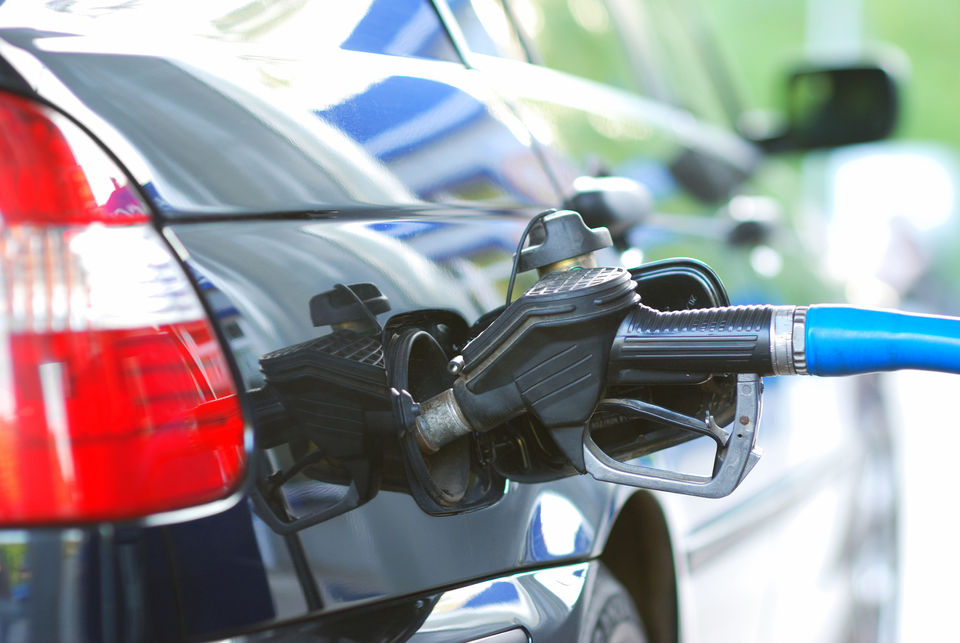
Do Tyres Affect Fuel Consumption? How?
Do you know that tyres can impact how much petrol your car uses?
When it comes to optimising your vehicle’s fuel efficiency, there’s more to consider than just engine performance and drinking habits. Surprisingly, the type of tyres you choose can significantly impact your fuel consumption.
Let’s look at the relationship between tyres and fuel efficiency in this guide.
How Tyres Affect Fuel Consumption
Imagine pushing a heavy box relative to a lightweight one. It’s easier to move the lighter box, right? Well, the same principle applies to your car’s tyres.
Tyres have something called rolling resistance, which is the force that opposes their rolling motion. If your tyres have high rolling resistance, your car needs more energy to keep them rolling. And where does that energy come from? Your fuel.
Tyres with lower rolling resistance are like those lightweight boxes, requiring less energy and, hence, less fuel to move.
Heavier tyres, just like heavy boxes, demand more energy. When your tyres are hefty, with complex tread patterns and blocks, your car has to work harder, consuming more fuel to keep those wheels spinning.
So, if you want to save on fuel, consider getting more fuel efficient tyres.
How To Choose Fuel Efficient Tyres
Here at Tyre Geek, we track the fuel efficiency of hundreds of tyre products and tens of thousands of tyre sizes. We get fuel efficiency data from standardised testing done in the EU.
You can use our tyre comparison tool to see how two sets of tyres compare in terms of fuel efficiency.
Fuel Efficiency Of Different Tyres
Low Rolling Resistance Tyres
These are like the eco-friendly superheroes of the tyre world. They’re designed to reduce the energy needed to keep them rolling.
Made with lighter materials and an aerodynamic design, low rolling resistance tyres can noticeably improve your car’s fuel economy.
Winter Tyres
In colder climates, winter tyres come to the rescue. Their flexible tread design reduces rolling resistance when the temperature drops. This means you can navigate icy roads with better fuel efficiency.
All-Season Tyres
These are versatile all-rounders, providing decent fuel efficiency throughout the year. They strike a balance between low rolling resistance and adequate traction, making them a popular choice.
Performance Tyres
On the flip side, performance tyres are designed for speed and grip. While they excel in these areas, they often have higher rolling resistance, leading to increased fuel consumption.
Do Worn Tyres Affect Fuel Consumption?
Yes, they do. Worn tyres can have a noticeable effect on fuel consumption.
As tyres age and wear down, their tread becomes thinner, and the sidewalls become more flexible. This change in tyre condition increases rolling resistance, which translates to higher fuel consumption.
So, if you’ve been neglecting your tyres’ health, it might be time to give them some attention.
Regularly checking the condition of your tyres and replacing them when they are worn can help maintain optimal fuel efficiency.
Conclusion
Choosing the right tyres, maintaining them properly, and being mindful of their condition can help you save money at the pump.
So, the next time you’re due for new tyres, consider their impact on your fuel efficiency. It’s a smart move that positively impacts both your finances and the environment.

Louis
I'm Louis, an engineer passionate about helping Australians choose better tyres for their vehicles!
